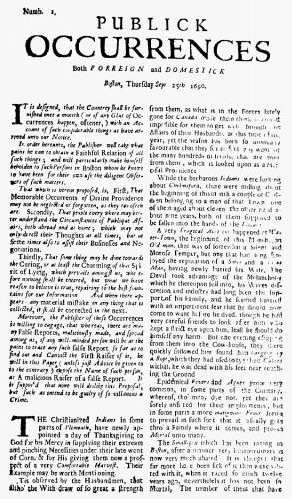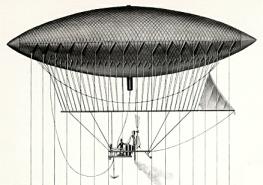 Well, that’s nice. On September 30, 1399, Henry IV was “proclaimed” King of England. So that was that.
Well, that’s nice. On September 30, 1399, Henry IV was “proclaimed” King of England. So that was that.
Well, no. And thereby hangs a happy tale.
Henry became king because people were fed up with Richard II’s feckless tyranny. And it was part of the tangled run-up to the Wars of the Roses because Edward III had been so foolish as to have five sons survive into adulthood, setting the stage for many tangled claims including those of Henry IV through his father John of Gaunt, Edward’s fourth son and third to make it to the age of majority.
Now bear with me briefly. Richard II was actually Edward III’s grandson, by his eldest son Edward the Black Prince. So when he departed the scene, first deposed on September 30 1399 and then starved to death on or around February 14, 1400, next in line might have been the son of Lionel of Antwerp, John of Gaunt’s older brother and incidentally nearly seven feet tall. But he only had a daughter, and her son Roger had died leaving a boy Edmund Mortimer as the eight-year-old easily-brushed aside heir presumptive.
The full-grown Henry looked pretty plausible instead. Especially with that big scary army standing behind him that he’d raised after Richard II recklessly and inexplicably tried to disinherit him of his father’s lands. But blood isn’t everything in England, whether running through your veins or dripping from your sword.
To be King, Henry needed… popular approval. Yes, that’s right. And not from a shouting mob. It had to come from Parliament. And when he went to Parliament to say can I be king can I huh huh I mean we all hated Richard don’t worry he won’t trouble you again, they said well, we kind of think so provided, just sort of asking, you happen to be thinking what we’re thinking which is that from now on when we present a petition to the king, that might be you, asking him to fix some injustice or another and meanwhile you keep trying to get us to give you money from the ordinary people of this realm, we’ll sort out our grievances and concerns before we talk about your cash.
What Henry’s private opinion of this proposal might have been we know not. But he had no choice. To be king he had to promise a further institutional refinement of the old promise of “No taxation without representation” contained in Clause 12 of the original 1215 Magna Carta and reaffirmed under Edward I in 1297 in De Tallagio Non Concedendo, a refinement that essentially put in place the parliamentary control of “supply” that is to this day our guarantee of accountability in the executive branch.
It wasn’t the proclamation on September 30, or the coronation on October 13, that actually made him King. It was the support of the people’s representatives, on condition that he not tax them without representation.
Which is nice.



 One thing I really hate is when someone blows up the Parthenon. Which they did on September 26, 1687.
One thing I really hate is when someone blows up the Parthenon. Which they did on September 26, 1687.

